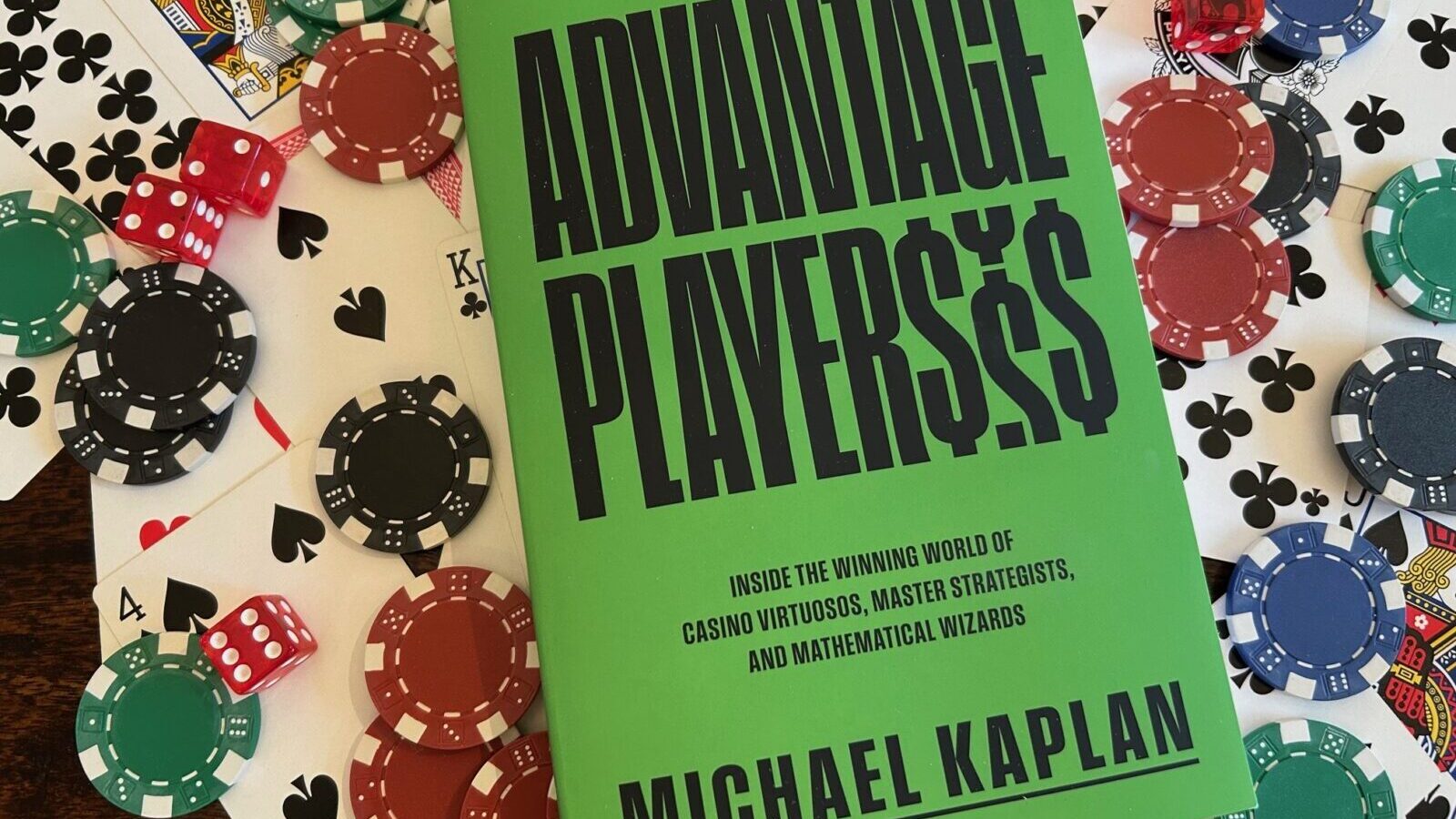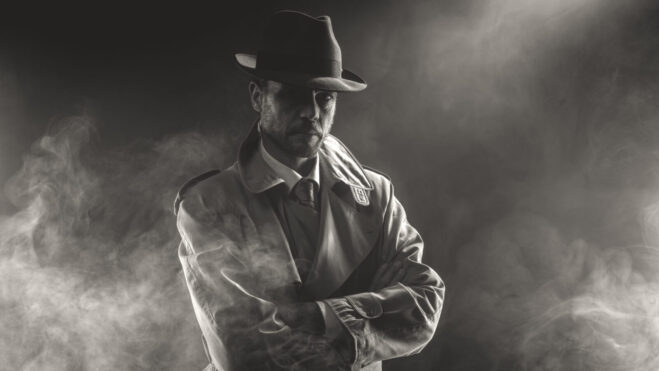‘Advantage Players’ By Michael Kaplan Dishes On The Most Interesting People In Gambling — And Life
Longtime gambling journalist lifts the lid on the lives of APs, both in and out of the casino
3 min

One of the highlights of my time in the world of gambling was when Captain Jack Andrews informed me I was an advantage player. An AP.
And not only was I an AP, he said I was an advanced AP.
I had zero idea I was an AP. None. And to be called an AP — never mind an “advanced” one — by one of America’s best-known APs is … well, golly.
I was so money and I didn’t even know it.
What did I do to earn the nod from the Captain?
See, there was this online casino that was running these daily promos, but you had to make a deposit and play through it like 30x, but I discovered a workaround. And this wasn’t some penny ante garbage; I was, at times, making $2,000 deposits to claim a few hundred bucks in bonus money that I was able to wash and clean with a few no-lose moves and every day — every day! — I’d log out with at least 75% of the bonus money, and if I ran hot, as much as 10x.
It was a printfest. Zero risk, huge reward.
Alas, the casino eventually caught on, they rejiggered their rules, and the good times were over.
So what, exactly, did I do?
Such is the curse of the AP. I’d love to tell you, explain exactly what I did, but I can’t. For one thing, there’s another online casino where it still works, though the opportunity is nowhere near daily and for much less money.
Secondly, while I’m not certain, I’m pretty sure the AP world works much like the world of magicians: One never reveals their secrets.
And that’s why longtime gambling journalist Michael Kaplan’s new book — Advantage Players (Huntington Press) — left me feeling slightly unsatisfied, from an “am I about to bankrupt Vegas?” point of view.
Don’t get me wrong: The book is pretty much the definition of “rollicking.” It’s a 99 out of 100.
But no actionable secrets were spilled. In short: Don’t read this book to get rich. Read this book if you like reading about people who were born to win.
Writing and gambling
It’s clear in Kaplan’s writing — which he’s been doing for decades — that he is a journalist who is simply in love with the inhabitants of the gambling world.
And nowhere is that more on display than in this collection of stories, many of which are either reprints of or new approaches to previously published work.
The first half or so of the book is dedicated to the true APs, the actual gamblers of the world.
Want to get the lowdown on the Phil Ivey and Kelly Sun baccarat story? It’s in there. How about the story of “Miss Brown,” a.k.a. Gina Fiore? It’s in there.
And on and on and on. Blackjack teams, top APs, big bets, lavish parties, Mattress Mack, all of it. If you know the world of APs, you’ll know the names Kaplan wrote about.
If you don’t know the world of APs, you’ll learn all the characters.
What you won’t learn — alas — is how to beat the casino. That, you’ll have to figure out on your own. Sure, there are stories as to what these players did, but good luck doing it yourself.
For me, as a budding AP, it would’ve been nice to learn a trick or two, but again: I’m not telling you mine, so how can you expect the denizens of the Blackjack Ball to give up their edges?
So for me, while I couldn’t put down the first half of the book, while I read these tales with basically one thought running through my mind — I wish I was one of these MF-ers, what a life! — it was the second half of the book that was even more fun to read.
Basically, Kaplan, through the years, has stretched the definition of an “advantage player” past the green felt and the ching-cha-ching of slot machines.
If you’re adept at beating the system, finding an edge, no matter what the field, to Kaplan, you’re an AP.
Which is how I found myself absorbing tremendous tidbits I previously had no idea about.
Hot coffee and hot women
For instance, Larry Flynt — the late Hustler magazine magnate — drank “ultra-hot coffee at the table” when playing at the Rio casino, with a personal butler and a Bunsen burner keeping the java hot.
Or this: Charlie Sheen threw a party for the Cincinnati Reds at his house. He hired a bunch of Heidi Fleiss’ girls. Thinking the Redlegs would have dead legs the next day for their game against the Dodgers, Fleiss bet $30,000 on Los Angeles. She lost.
Or this: Jack Nicholson was her next-door neighbor, and knew Fleiss was about to get pinched, and knocked on her door to tell her, and said, “They’re onto you, kid.” (I’d pay American dollars to have video of that encounter.)
But, yes: A good chunk of the second half of the book is about people who beat the system. Flynt and Fleiss, for starters. Art dealers. The Ramones. Lexington Steele.
By the way, the first sentence in the Lexington Steele piece deserves to be in the Louvre: “Does having a giant penis make a man into the ultimate AP?”
The first half of the book is for the gamblers and the people who love them.
The second half … well, the second half is for anyone who has, or ever had, a glimmer in their eye.
After all: Who doesn’t like to beat the system?






